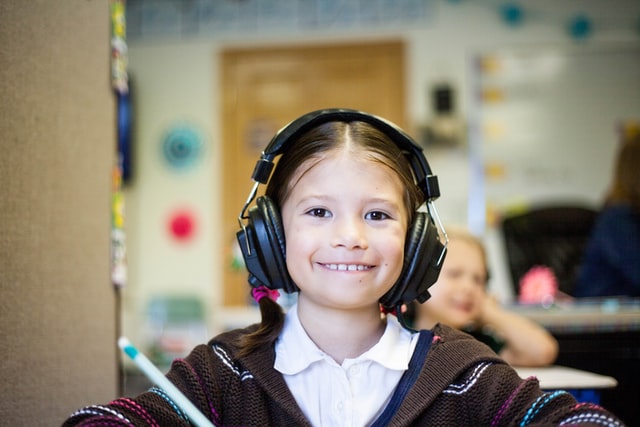A time of such great change was bound to lead to some hard lessons being learned, and some tipping points being reached. What are the key challenges and opportunities to look out for in the EdTech space now?
Facilitating social learning
Education is fundamentally a social
Dr John Collick, BettFest 2021
activity.
Most students and teachers would tell you that learning is better when delivered by someone they know in a familiar setting. This suggests that an effective digital model has to prioritise authenticity and familiarity.
In order to facilitate ‘connected learning’ online, EdTech solutions need to consider key social components such as social experience, authenticity and a focus on skills. Teacher training when using EdTech will be as important as the product if it is to be effective in the classroom.
Having seen the benefits of a more independent learning model, educators will develop new and more effective models of blended learning.
Amy Hollier, Ty Goddard, Bruce Wilson and Sarah Morgan, BettFest 2021
Addressing education inequalities
A big area of potential for the EdTech industry looks at inequalities and how to bridge them. This includes disparities related to socioeconomic and racial background, gender equity, special educational needs and disability, and the rural/urban divide globally. This DfE report by Renaissance Learning and the Education Policy Institute looks at pupil progress in the 2020/21 academic year to help understand these disparities.
Less than 20% of the global population has access to broadband, and less than half have access to any fixed-line internet.
Education Strategies For a Fairer World, BettFest 2021
A flurry of research from the past 12 months aims to share effective ways of bridging this divide and discusses key contingencies to help develop the future of education.
Use technology to help people learn in a human way, rather than a machine-like way.
Sir Anthony Seldon
Reimagining 21st-century education
The irrepressible Sir Anthony Seldon makes the case for opportunities
to rethink our education system using technology. Will 2022 see machine learning or artificial intelligence services helping people teach and learn?
As Simon Lock recently wrote in Tes, Professor Sugata Mitra takes a bold stance on online education, suggesting that it has given us glimpses of a beneficial student-guided approach to study, and has even illustrated the potential in initiating a complete overhaul of the way we assess learning. Despite these benefits, the increased use of technology in the classroom is nevertheless controversial. Will digital learning be the new normal in 2022 and beyond?
This article has been adapted from original material written for our EdTech Insights series, produced in collaboration with Edtech Publik.

